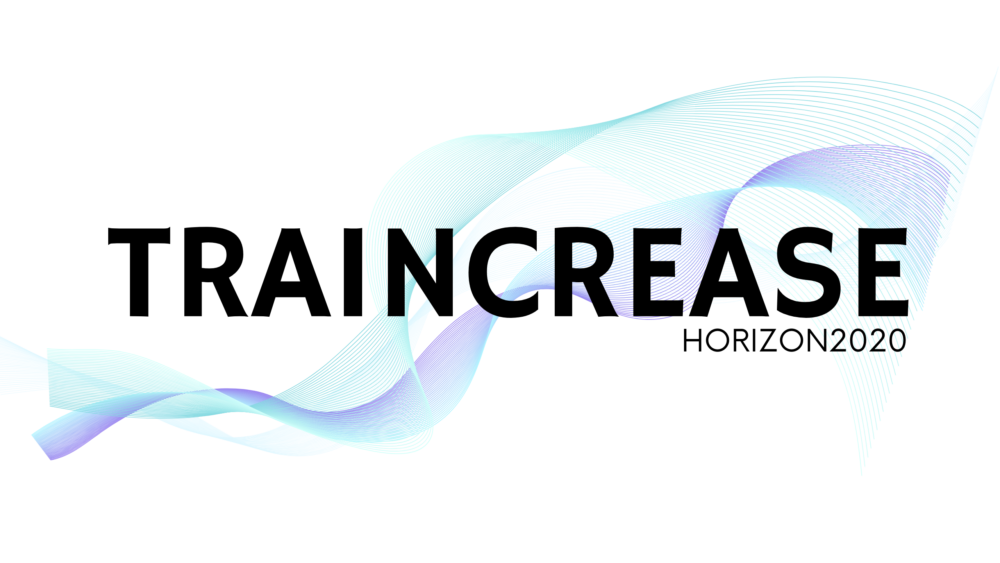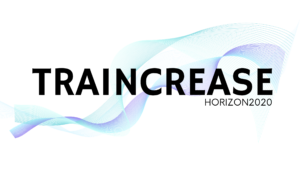TRAINCREASE
Human-centred computing twinning effort
With smart robotics already playing a role in our daily lives, it is important to consider the design of mixed human–computer systems or human–machine interactions. However, some ambitious tasks such as the attempt to translate abstract concepts into computing systems rely on deep interdisciplinary convergence. The EU-funded TRAINCREASE project will promote the interdisciplinary research in this emerging field, boosting understanding and use of abstract concepts and words in human interaction and their application to human–machine collaboration. The project will initiate a twinning collaboration that will improve the R&I potential of the University of Warsaw (UW) through the cooperation with the University of Manchester, UK, the Sapienza University of Rome and Aarhus University in Denmark. Joint activities will result in increased research skills and enhanced UW reputation and visibility.
Traincrease: From Social Interaction to Abstract Concepts and Words is a Horizon2020 Twinning Grant.
This project is aimed at developing and nurturing a sustainable collaboration in a new, cross-national and cross-disciplinary network, with the University of Warsaw (UNIWARSAW), University of Manchester (UoM), La Sapienza University of Rome (Uniroma1) and Aarhus University (AU) in order to strengthen the highly interdisciplinary field of research on the emergence, understanding and use of abstract concepts and words in human interaction and its application to human-machine collaboration. The project will employ a cross-disciplinary approach, with the direct engagement of cognitive sciences, computer sciences, artificial intelligence, robotics, psychology (developmental, social, cognitive and psycholinguistics), anthropology and language sciences. The designated field is foreseen as crucial both for the development of the cognitive sciences and for linking it closer to responsible technology developments as envisioned within the Smart Specialization for Poland (KIS 12, IV, V, VI).
The network will strategically focus on abstract concepts and language for two scientific and technological reasons. First, from a scientific point of view, the study of abstract knowledge requires the consideration of the intricate, interacting roles of linguistics, social and sensorimotor knowledge, beyond the simple grounding and acquisition of concrete concepts (Borghi et al., 2018). Secondly, as the majority of language used by adults in conversations consists of abstract words (Ponari et al. 2017; Lupyan & Winters, 2018), the design of future human-robot interaction and communication necessitates the modeling of the grounding and understanding of abstract words in artificial systems (Cangelosi & Stramandinoli, 2018).
The main result will be strengthening the research and innovation potential of the UNIWARSAW as part of the European Research Area (ERA) within the designated field, its reputation and visibility in ERA and worldwide and its capability to compete for research funds as a project leader. This goal will be realized through i) developing and integrating the strategic field of study at the theoretical, methodological, empirical and computational modeling levels, which will benefit the four organizations; ii) lasting knowledge transfer, interdisciplinary training, and sustainable structural changes resulting in an increased and stabilized research capacity at UNIWARSAW, and iii) developing sustainable networks of collaboration within ERA and beyond. The project will make the Widening Country’s University of Warsaw an important research centre within the designated field through: increasing research potential of the present research and administrative staff, increasing the potential for attracting and managing funding from ERC (AdG, StG, CoG), ITNs and other EU and worldwide programs, jointly applying for those funds and making the changes sustainable by training ESRs, adjusting curricula and establishing collaborative lines of research within the four institutions and beyond.
Steering Committee will be responsible for the strategy and crucial issues, such as changes in plans and restructuring in the case of difficulties in the project realization. It will monitor the overall realization of the project.
Advisory Board consists of world-renowned researchers and successful research leaders in the field. It will assist the Steering Committee in strategic decisions and advise in case of potential problems and conflicts.
Management Team consists of the project coordinator and two project managers working at UNIWARSAW.

